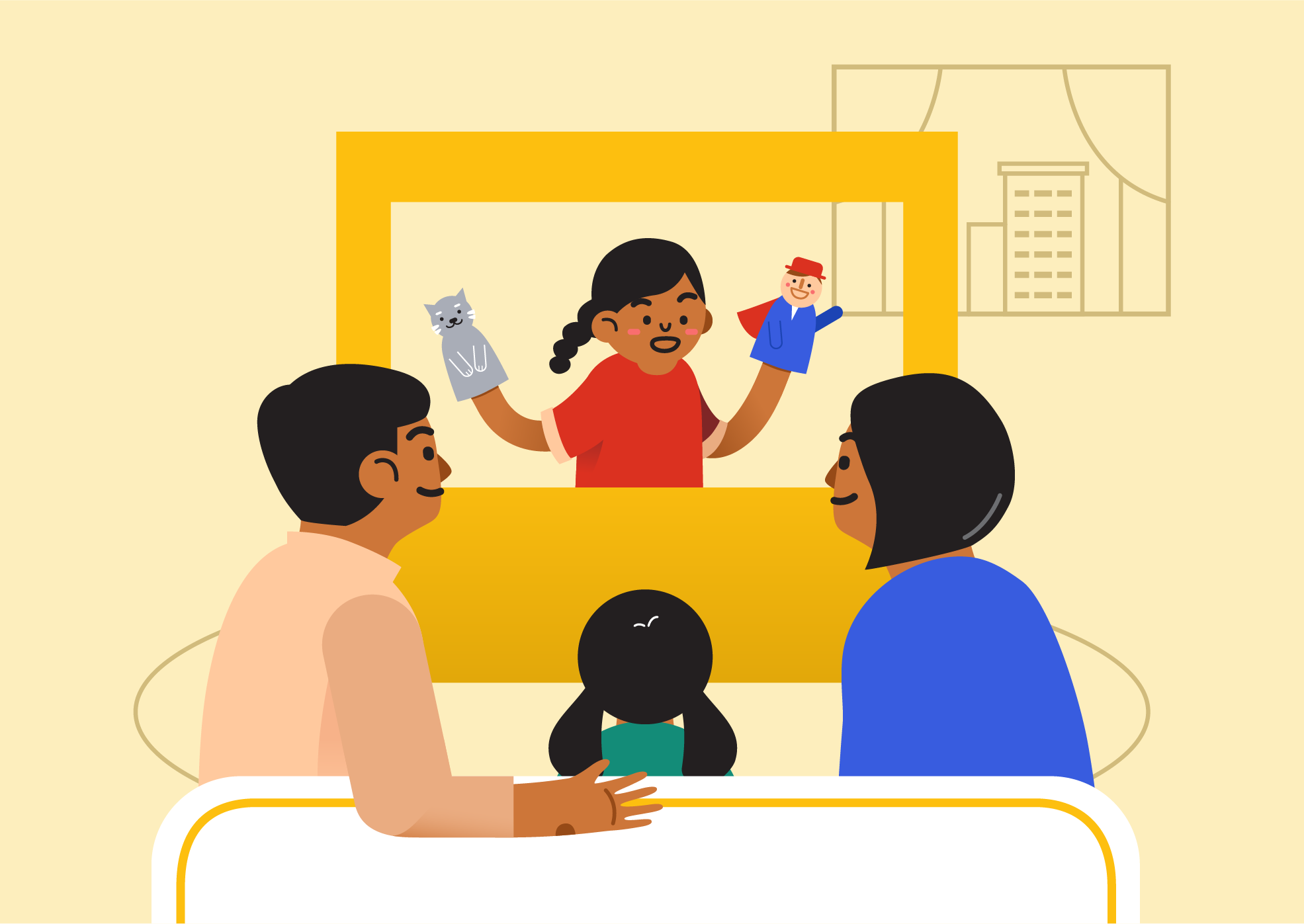When Dr Lim Choon Guan’s daughter told him that her stomach hurt and she was unfit to go to school, he had his doubts. It wasn’t like her to miss lessons, and she didn’t seem physically ill. True enough, on checking her WhatsApp messages on her mother’s phone, he found that she felt ostracised by some girls at school.
The discovery puzzled him. Why would his daughter keep this from him? What other problems was she facing that he wasn’t aware of?
He thought hard and realised he could be part of the problem. “What I personally do is think about why my child may not want to share things with me. Could she be afraid of my reaction?” he said. “She was in Primary Three at the time. Maybe she didn’t understand the importance of telling an adult.”
The episode has stayed with him, a useful reminder of how challenging it is for parents to manage the mental well-being of their children. This is true even for an expert like himself, the Deputy Chief of Child and Adolescent Psychiatry at the Institute of Mental Health.
But there are tips for parents, ranging from greater self-awareness to giving a child more room to develop.
Tip 1: Build trust through communication
Effective parent-child communication is key. It goes both ways and it has to start young, said Dr Lim.
It becomes more difficult to try to start building a relationship when the child is older. “Sometimes, what you find is that when they become teenagers, it’s hard to get them to talk to you.”
He recommended that parents share about their own day to get the conversation going, and get their children to open up. If they resist, he suggested against pushing them for information and to come back to the issue later.
Instead of getting frustrated when children refuse to share their problems, it is useful for parents to put themselves in their children’s shoes and consider the situation from their perspectives. Give them some time to open up. Sometimes, it may help to set up a private moment with the child such as a date night to get a conversation going.
To sustain the amount of communication with kids, it is important that parents gain their trust. Parents can do this by keeping conversations private, rather than sharing it with others. This way, children feel comfortable confiding in their parents in the future.
In addition, being judgemental or showing immediate disapproval could dissuade children from sharing their problems with parents. Make sure to keep calm, listen, and react appropriately so that they are not afraid to communicate their genuine thoughts and feelings.
Tip 2: Target stress outside of academics
It is important to recognise the sources of stress in a child’s life. “Generally, when I see a distressed child, I almost immediately start with the question: what is the source of stress?” he said. “Is it studies, family or friends?”
While studies make up a significant portion of a child’s life, parents must make an effort to find out more about their child outside of academics, as peer relations or issues at home can also contribute to one’s stress.
For school-related issues, he suggested connecting with their children’s teachers who can offer more information on how well a child does in social situations or group work. Relations with school friends, in particular, could be stress points as some may not know how to react to unpleasant interactions.
Once, Dr Lim’s daughter was hit on the head by a boy at school. He worked closely with the teacher and the teacher was able to address the issue with the boy in a subtle, non-confrontational fashion.
For stress outside of school, unfortunately, the main culprit is usually parents who could unwittingly pile on more pressure than necessary.
Tip 3: Don’t be a “helicopter parent”
He cautioned against parents overprotecting their children, or what he referred to as “helicopter parents”.
Learn to let go, he said. It is not easy – after all, parents fear how the failure will affect their child. However, if parents do not give children enough opportunities to develop solutions, learn from mistakes and build confidence in themselves, it might be detrimental to their growth.
To illustrate this, he brought up the example of a young patient who had feelings of anxiety after failing her first test. Her mother used to coach her academically in primary school, but was unable to do so with the more challenging secondary school syllabus.
So when the girl had to handle her studies on her own, she fumbled and could not cope with her own failure. Sometimes, learning to overcome failure, with appropriate support from people around, can be healthy for a child’s mental well-being in the long run.
“Parents should let kids do certain things on their own and allow them to fail sometimes,” he said. “It is easier to cope with failure when it comes earlier on in life, rather than later.”
By entrusting children to manage some of their own affairs, they are trained to be resilient and self-motivated in achieving their own goals. Otherwise, overcoming setbacks becomes difficult for them, he explained.
The key is that parents should not be one-trick ponies and stick to one style of parenting as their children grow and mature. Make a conscious decision to adjust.
For instance, when children go into primary schools, it is time for parents to let go – step by step. Let them take charge of packing their school bags, then doing their homework on their own and later, studying for tests.
When children reach their teenage years, it is essential to give them more space and privacy, stressed Dr Lim. Parents have to accept and understand that they don’t necessarily have to know everything about their children, while continuing to show unconditional love and support.
As children mature, parents should also make an effort to grant them certain privileges and freedoms, as well as responsibilities. If done gradually and wisely, parents can show that they trust their children and enable them to gain different experiences.
Tip 4: Be self-aware and a role model
Parents need to pay attention to their deeds and words, so that children do not feel burdened by high expectations. Otherwise, they could unknowingly add to their children’s stress, despite having the best intentions.
For instance, when parents compare their children with other kids who perform better, it can be detrimental to their self-esteem. Even if parents do not verbally express their disappointment, non-verbal cues, like the tone of their voice or facial expression, could give them away.
“Every kid is different. Parents have to adjust their own expectations and show that they don’t just love their kids when they do well,” he shared.
Dismissing children’s problems and emotions may also unintentionally worsen their mental well-being. Serious afflictions like depression or anxiety may arise if kids are unable to regulate negative emotions.
Dr Lim said that parents should not think of such problems and emotions as a phase or that they will simply go away with time. This could range from feelings of inadequacy to disinterest in studies. It is important that they recognise these issues, and be open to third-parties that can help their children, such as school counsellors.
And parents must know that children are watching and learning how their fathers and mothers behave. If parents want their children to be better at handling their emotions, then they have to exemplify this themselves.
When kids start yelling and throwing fits, parents must not let their own anger get the better of them. Instead, be patient and show them the appropriate way of managing their anger.
“If adults can excuse themselves for getting angry, what about young kids?” he asked. “Let them express their anger and manage it together, don’t get upset with them. Kids pick up on that,” noted Dr Lim.






